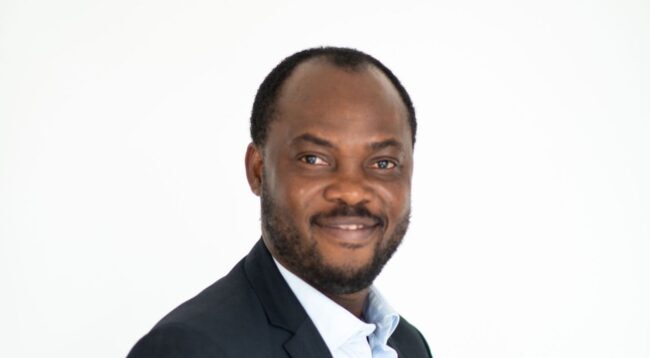In an era where digital connectivity is becoming integral to everyday life, the Internet of Things (IoT) promises to enhance the well-being of individuals, particularly older adults. But with great convenience comes great risk. This was the focus of Suleiman Saka and his research team at the University of Denver, whose groundbreaking study on the security and privacy risks of IoT for older adults was presented at the Gerontological Society of America (GSA) Annual Scientific Meeting in Tampa, Florida—one of the largest and most prestigious conferences on ageing research.
“Technology is evolving faster than our ability to secure it,” Saka explained. “For older adults, IoT can be both a blessing and a vulnerability.” His study, Safeguarding in the Internet of Things Age: A Comprehensive Review of Security & Privacy Risks for Older Adults, examines how IoT devices—such as smart home systems, wearable health monitors, and voice assistants—are transforming senior care while simultaneously exposing users to unprecedented digital threats.
Through a systematic review of 116 academic papers, Saka’s research focused on 25 key studies that specifically addressed IoT security and privacy concerns for older adults. The findings revealed a troubling gap: while most IoT advancements cater to health monitoring and smart home automation, few address the growing cybersecurity vulnerabilities that accompany these technologies. “Older adults are particularly susceptible to cyber threats due to a lack of familiarity with security best practices,” Saka noted. “Phishing scams, weak passwords, and unencrypted data transmissions are just a few of the pressing concerns.”
One of the critical takeaways from Saka’s research is the urgent need for stronger security protocols in IoT devices designed for older users. “We need to shift from reactive security measures to proactive protection,” he emphasized. His study recommends several solutions, including user-friendly interfaces, stronger encryption methods, regulatory policies, and mandatory security training for caregivers and users alike. “It’s not just about protecting data; it’s about ensuring that older adults can confidently and safely use the technology meant to improve their lives.”
The research presented at GSA 2023 has already sparked important conversations in both the cybersecurity and aging research communities. With over 6,000 members worldwide, GSA serves as a hub for cutting-edge studies on aging, and Saka’s work is a vital addition to its mission of promoting innovation in elder care.
“We cannot afford to wait until a crisis forces change,” Saka said. “It’s time to make IoT security a priority for older adults—before it’s too late.” As IoT continues to expand, the conversation around privacy, security, and accessibility must grow alongside it. Thanks to researchers like Saka, the future of aging in a digital world is being carefully examined—not just for efficiency, but for safety as well.
VISIT NIGERIAN TRIBUNE FOR MORE STORIES
WATCH TOP VIDEOS FROM NIGERIAN TRIBUNE TV
- Let’s Talk About SELF-AWARENESS
- Is Your Confidence Mistaken for Pride? Let’s talk about it
- Is Etiquette About Perfection…Or Just Not Being Rude?
- Top Psychologist Reveal 3 Signs You’re Struggling With Imposter Syndrome
- Do You Pick Up Work-Related Calls at Midnight or Never? Let’s Talk About Boundaries






